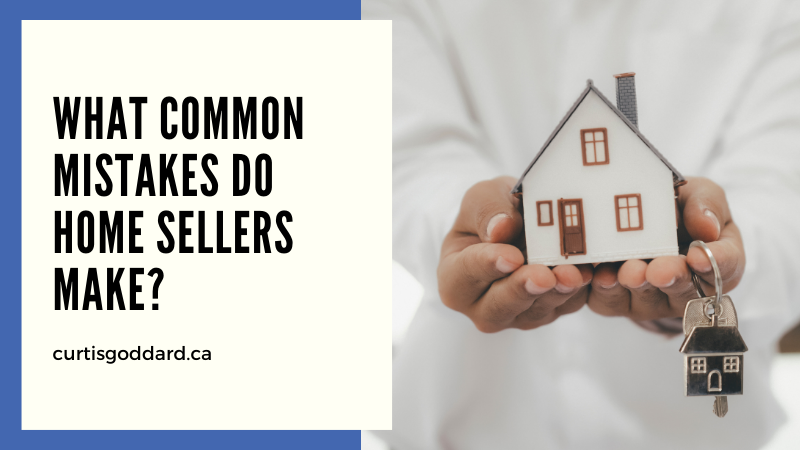
Half the battle of selling a home is anticipating problems before they come up. Selling a home is a complex process that involves multiple steps, from preparing and listing your property to finding the right buyer and eventually moving into your next home.
However, it doesn’t have to be an overwhelming or stressful experience. Understanding the secrets to selling your home faster can help you navigate the process with confidence. Many home sellers make mistakes that can slow down the sale, cost them money, or result in lost opportunities. By avoiding these pitfalls, you can increase your chances of a smooth, successful, and profitable home sale.
Here are some of the most common mistakes to avoid when selling your home:
1. Failure to Prioritize the Costs of Selling
Many homeowners fail to consider the full scope of expenses involved in selling a home. While agent commissions are one of the most well-known costs, sellers often overlook additional expenses such as closing costs, legal fees, home repairs, staging, and even moving expenses. These costs can add up quickly, cutting into your profit if not accounted for in advance.
To avoid surprises, work with your real estate agent to estimate your net proceeds after all expenses. This will help you make informed financial decisions and set realistic expectations for what you’ll walk away with after the sale.
2. Setting an Unrealistic Selling Price
One of the biggest mistakes sellers make is pricing their home based on emotion rather than market value. While you may have sentimental attachments to your home or a price in mind that you believe is fair, buyers will base their decisions on comparable sales, market trends, and property conditions.
Overpricing can lead to fewer showings and a stagnant listing, while underpricing may result in leaving money on the table. A knowledgeable real estate agent can conduct a comparative market analysis (CMA) to determine the best price based on local data and buyer demand.
3. Considering Only the Highest Offer
It’s natural to gravitate toward the highest offer, but the amount on paper isn’t the only factor to consider. Offers often come with contingencies, such as financing, home inspections, or requests for repairs. A higher offer that is contingent on multiple conditions may not be as strong as a slightly lower all-cash offer with fewer contingencies.
Additionally, buyers relying on mortgage approvals may face delays or even fall through, leaving you back at square one. Always evaluate the full terms of each offer with your real estate agent before making a decision.
4. Making Costly Renovations or Ignoring Major Repairs
Many sellers assume that making expensive upgrades will automatically increase the value of their home. While strategic improvements can enhance appeal, overspending on unnecessary renovations—such as luxury kitchen remodels or high-end flooring—may not provide a strong return on investment. Instead, focus on cost-effective updates that improve aesthetics and functionality, such as fresh paint, modern light fixtures, and minor landscaping.
On the other hand, neglecting essential repairs can be a dealbreaker for buyers. Major issues like a leaking roof, outdated electrical systems, or plumbing problems can lead to lower offers or delayed negotiations after an inspection. Some exterior features, like a damaged or outdated garage door, can also affect a home’s curb appeal and perceived value. In some cases, a garage door replacement can be a worthwhile investment, as it not only improves the home’s exterior but also enhances security and energy efficiency. Addressing these major concerns before listing can help attract serious buyers and prevent last-minute surprises.
5. Choosing the Wrong Real Estate Agent
Your real estate agent plays a crucial role in the selling process, guiding you through pricing, negotiations, marketing, and closing. Choosing an agent based solely on a personal recommendation or the lowest commission rate can backfire if they lack experience or local market knowledge.
An effective agent should have a solid track record, a clear marketing strategy, and strong negotiation skills to get you the best possible price. Take the time to research and interview multiple agents to find one who aligns with your goals.
Final Thoughts
Selling a home is one of the most significant financial transactions you’ll make, and avoiding common mistakes can make all the difference. By carefully pricing your home, understanding all associated costs, making smart improvements, and working with the right real estate professional, you can ensure a smoother and more successful selling experience.